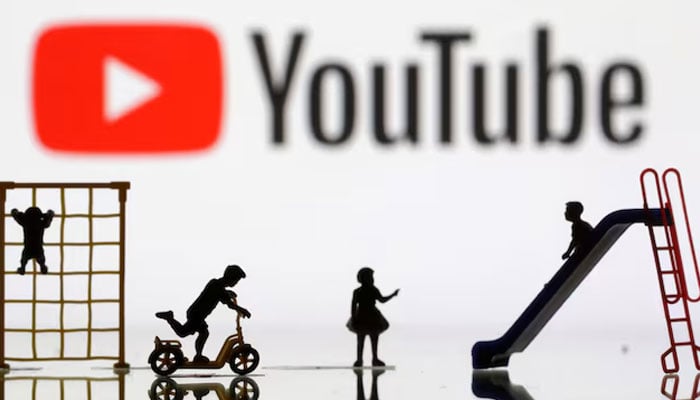Select Language:

KARACHI: YouTube has rolled out a revision to its monetization policy, but experts believe the situation is not as critical as some have suggested on social media, as reported by The News on Sunday.
The platform is making a slight adjustment to its “reused content” policy to clarify what is deemed as reused or “overly produced” content. The policy’s title has also been modified; it will now be termed “inauthentic content” instead of “reused content.”
Social media consultant Talha Labib, who oversees a social media marketing agency and several YouTube channels, mentioned that the reactions to the news have been exaggerated. “Content that YouTube aims to minimize has already failed to meet monetization standards under existing rules, as the platform prioritizes creators who deliver original and authentic content,” she noted.
“Some creators are worried that this update will constrain their monetization opportunities, but that’s not true. There are numerous YouTube channels that spread fake news or use inappropriate language. The platform consistently bans such channels, so this could encourage more careful uploads,” she explained.
YouTube provided a brief update on its Help page, stating that the Partner Program monetization policies were revised on July 15, 2025, to clarify its position on inauthentic content. Although original and genuine uploads have always been required, the new guidelines focus on identifying mass-produced and repetitive content that does not comply with monetization criteria.
Digital marketer and content expert Anusha Asif noted that many YouTube channels utilize clips from other creators in their videos or Shorts. “Going forward, these accounts may struggle to monetize their content,” she said. However, she emphasized that original creators could also be affected by the new policy. “If clips from an original channel are heavily mass-produced, that channel may come under scrutiny and could be flagged, potentially leading to a shutdown or ban.”
While Labib believes these strikes can be reversed and original creators can restore their accounts, Anusha countered that recovering channels may take time to regain their previous ranking.
When news of the platform’s YPP update broke, many initially feared it would demonetize all AI-generated repetitive content, commonly referred to as “AI junk.” For example, some channels frequently share nearly identical AI-generated videos, often replicating other creators.
Labib clarified that “AI videos are still permissible under the new rules. The focus will be on deepfakes or other inappropriate AI-generated content.” He stressed the importance of creators properly disclosing their use of new technology to prevent the spread of misleading information.
Tech analyst Shahrukh Malik remarked, “As a viewer, I think limiting AI-generated content is a positive step. While these videos were entertaining initially, there are just too many of them now.” However, as a creator, he noted, “It restricts my options. Many individuals earned substantial income from videos that will soon face restrictions, meaning they’ll have to exert more effort in an already competitive landscape. This could lead to a kind of arms race between creators and YouTube, with creators attempting to bypass demonetization while YouTube finds ways to counteract those efforts.”





